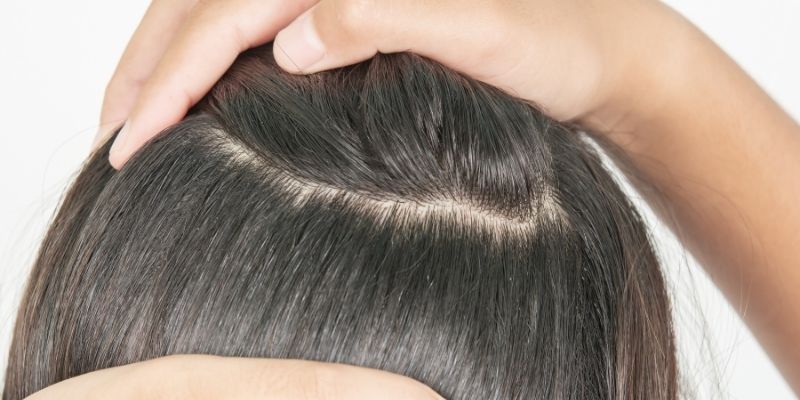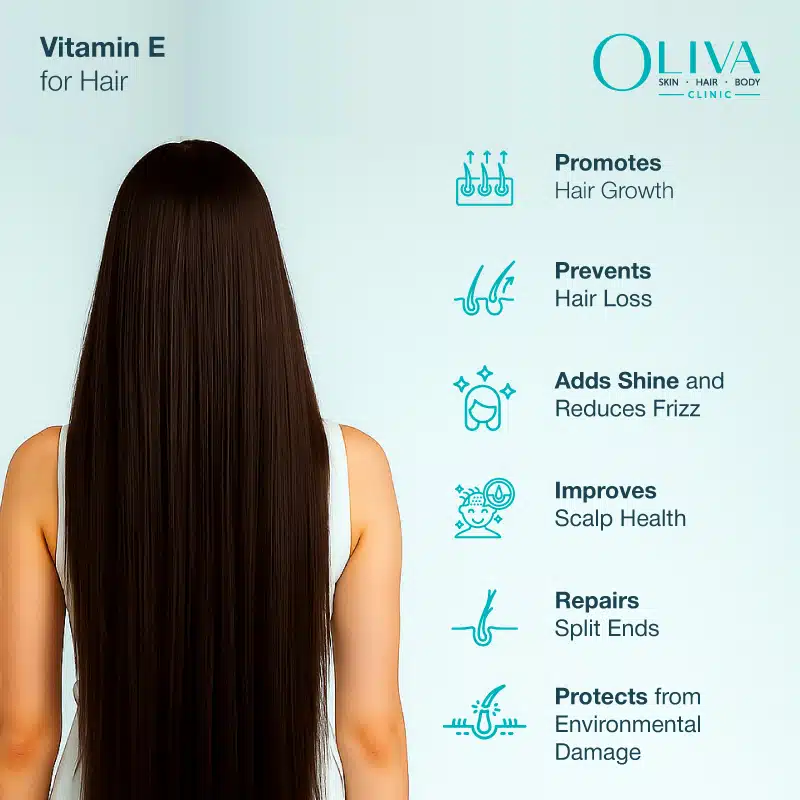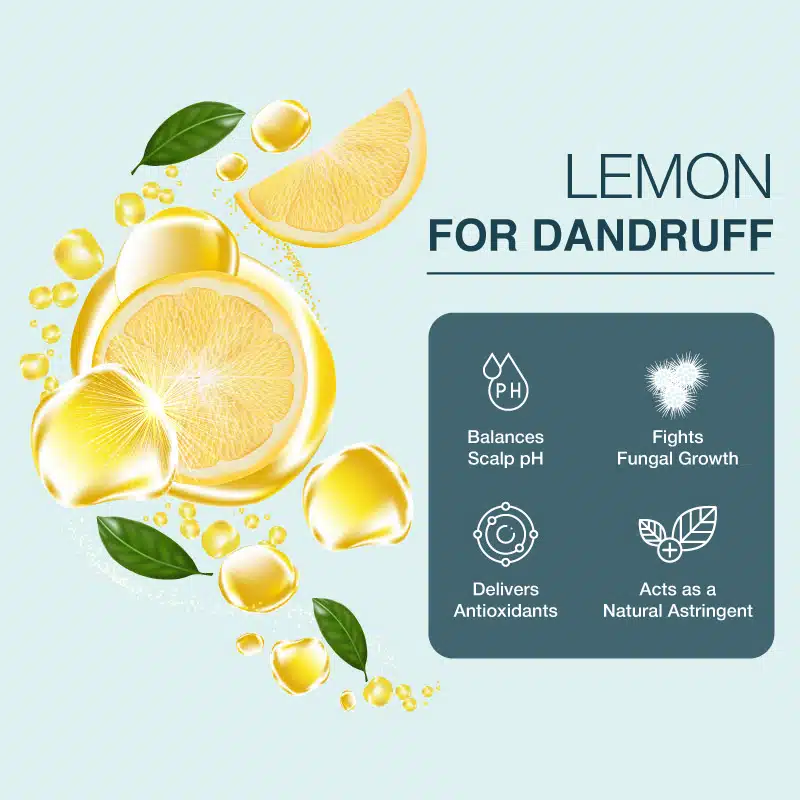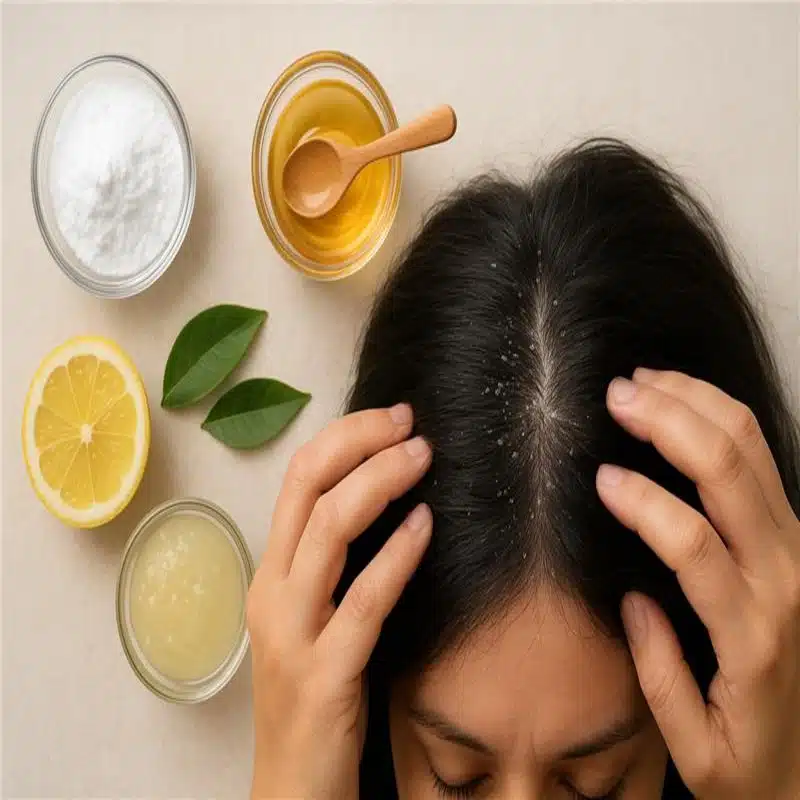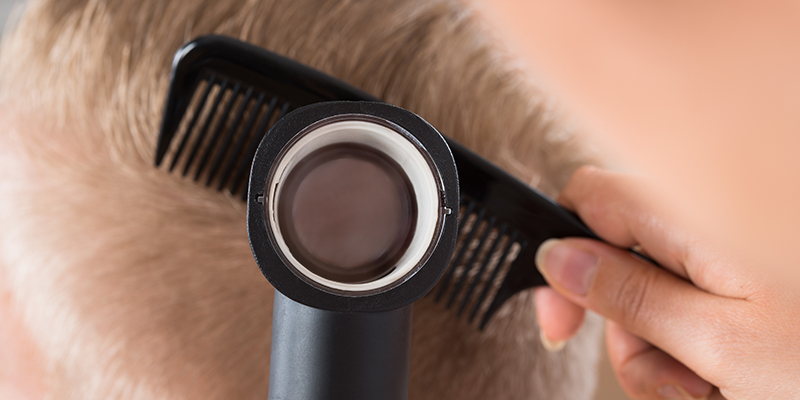How To Thicken Fine Hair ?
We all have different hair textures and hair types. While some have naturally thick hair, a lot of people suffer from fine hair. Having fine hair can be a troublesome situation. Though they are smoother and can easily be styled, but they lack volume, so they may appear displeasing. Though, with the help of certain tips for fine hair, one can certainly get voluminous and bouncy hair in the long run.
What Is Fine Hair?
On the basis of the thickness of hair strands, they can be categorized into fine, medium, or coarse hair. Though, when we classify them on the basis of density, they can be thin, medium, or thick. Therefore, the fine hair texture depicts a thinner diameter than coarse hair. Similarly, their width and circumference are also less. Furthermore, the overall volume for fine hair is usually lesser than average.
What’s The Difference Between Fine And Thin Hair?
A lot of people are confused between thin and fine hair. One should keep in mind that thin hair implies the density of the hair follicles. That is, how close or far the hair strands are. When the density of hair strands is less for an area, it refers to the thinning of hair. On the other hand, fine hair represents the overall texture and thickness of the hair strand. That is, the diameter of the hair strands.
While the density and thickness are two different parameters, one can suffer from both thin and fine hair at times. In this case, hair follicles have less density and thickness. Nevertheless, one can have thin and coarse hair at the same time as well.
What Are The Causes Of Fine Hair?
While some people have naturally fine hair, there are certain triggers that can affect the overall texture of your hair. To learn how to thicken fine hair, try to identify its cause, that include –
• Genetics – This is the most common cause of fine brittle hair. For instance, if fine curly hair runs in your family, then you might get them naturally as well
• Medications – It has been observed that the side effects of certain medicines can make your hair thin and fine
• Over styling – Needless to say, the overuse of chemical based hair products, dryers, and excessive styling can tamper with the natural texture of your hair and make them fine
• Medical condition – Certain hormonal issues, lack of nutrients, or any other medical condition can also make your hair fine and brittle
• Stress – It has been observed that stress and anxiety can trigger hair loss and affect the overall texture of your hair strands as well
• Other reasons – Besides that, a change in the environment, lifestyle choices, diet, etc. can also affect our hair.
Also Read: What Causes Hair Loss In Men & Women?
How To Treat Fine Hair?
If you have fine brittle hair, then you need to take some additional measures to treat them effectively –
1- Get a dedicated hair treatment – Firstly, visit an experienced trichologist and get your scalp examined. The doctor, based on their diagnosis, can suggest an ideal treatment to make fine hair thicker. For instance, if you have certain bald patches, then your doctor can suggest PRP or steroid treatment. In PRP (Platelet-rich Plasma) treatment, the patient’s own blood is used. The blood is taken out from donor area and then put to centrifuge where platelet rich plasma is extracted which is rich in growth factors. This is then injected back into the scalp with scanty hair. It stimulates the dormant hair follicles and improves the quality of the hair strands thus makes them thicker.
2- Biotin treatment – Besides PRP and steroids, one can also get biotin treatment for fine hair. A lot of people are confused about it and ask “does biotin thicken fine hair?” Since biotin is a soluble form of Vitamin B7, it strengthens the hair from the roots. By providing the essential nutrients to the scalp, and improves the overall hair texture
3- Minoxidil and finasteride – The two USFDA approved drugs for treating hair thinning and hair loss, these are proven to bring in hair volume and hair density. They are also prescribed along with PRP and other treatments to enrich the process
4- Topical and OTC products – There are certain over-the-counter medicines that can also help you make fine hair look thicker. For instance, a volumizing shampoo can improve the overall quality of your hair and make them fluffier. There are different kinds of hair serums, gels and other topical products that you can try to improve your hair texture.
Also Read: PRP Vs Other Treatments For Hair Fall – Which Is Better?
Fine Hair Care – Tips And Suggestions
Apart from getting a dedicated treatment for fine hair, there are certain hair care tips that you should follow as well –
• Most importantly, avoid using blow dryers as they can tamper with the natural lustre of your hair. Make sure that your hair strands are at least 80% dry before using a blow dryer (if at all you have to use)
• Also, make sure that you are using the right hair products. Wash your hair often and avoid using harsh chemical based products. Prefer using organic hair products that can revitalize your hair and improve their overall quality
• If you want to learn how to make fine hair thicker, then start by getting the right hairstyle. Do not put tight ponytails, braids or any excessive styling that can harm your hair
• To add more volume for fine hair, a lot of people prefer to curl their hair. This is because curly hair looks thicker. You can simply use rollers and attach them with the tip of your hair to make your hair look curly
• If you have naturally curly hair, then you need to follow certain tips to nurture your scalp. Wash your hair regularly, stay hydrated, and oil your scalp once a week (at least) to improve its texture
• It might surprise you, but your sleeping posture can also affect your hair. Do not sleep with wet hair or when your hair are already braided or tied too tightly
• Massage your scalp regularly with an organic serum or hair oil
• Do not tie your hair with a towel or rub it rigorously with your scalp after washing your hair
• Avoid using a plastic comb as it can make your hair charged and static. Prefer using a metal comb instead, due to its conductive nature
• Eat healthy and stay hydrated. Make sure that you have a proper intake of all the vital nutrients that are needed by your body to function seamlessly.
FAQs
How can you tell if you have fine hair?
If you want to know the texture of your hair, then simply pluck out a hair strand from your scalp. Now, place it between your fingers and roll them to feel the strand. If you can’t feel anything in between, then you have fine hair. If you can feel something, then your hair strands are of medium diameter. People with coarse hair can feel a thick strand. You can also head to an experienced trichologist to get your scalp examined for detailed insights.
Does fine hair affect both men and women?
Yes – people of any gender or age can have fine hair. As stated, it can be related to genes, lifestyle choices, medical conditions and other factors.
What are the main disadvantages of having fine hair?
The major disadvantage of having fine hair is that it only allows limited styling of hair. In extreme summer, it can even cause a scalp burn. Also, in case of hair loss, a bald patch becomes quite visible due to the fine texture of hair.
If you want to improve the overall quality of your hair, then visit an expert dermato-trochologist. After getting a thorough scalp examination, you can learn about the quality of your hair, how to treat fine hair without any side effects and you can easily get fluffy and lustrous hair.


